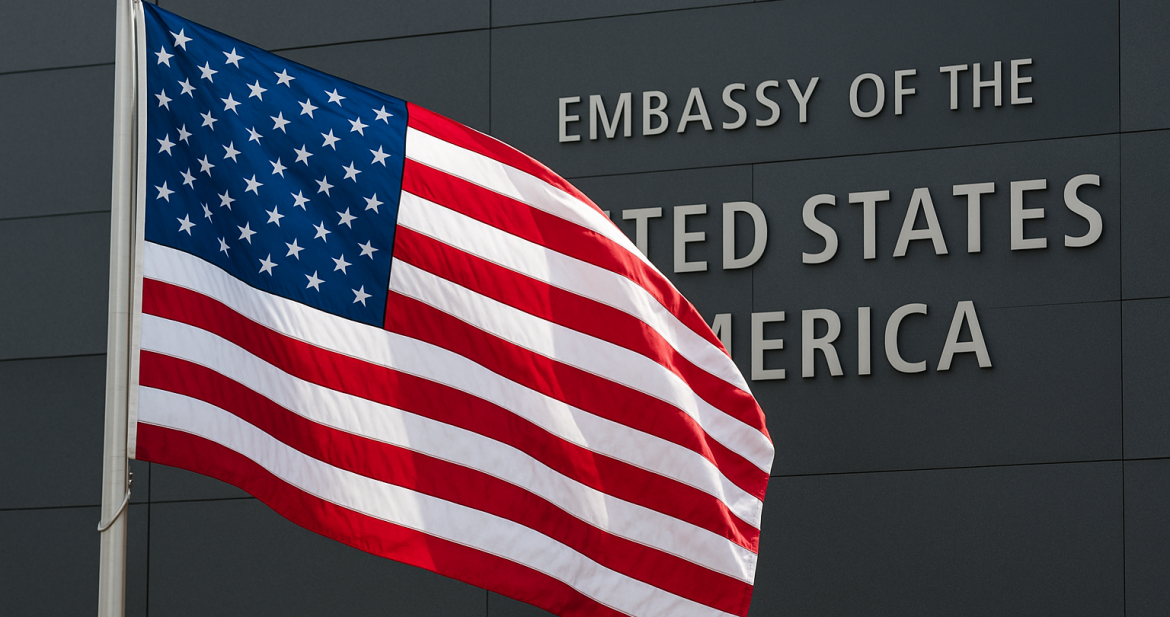In a significant policy shift, the United States Department of State has launched a 12‑month pilot programme, set to commence on 20 August 2025. Under the temporary rule, certain applicants for B‑1 (business) and B‑2 (tourist) visas may be required to post a refundable security bond ranging from US$5,000 to US$15,000, as a new condition for visa issuance.
Criteria and Targeted Applicants
The bond requirement applies to nationals of countries identified as having high visa overstay rates, deficient screening procedures, or Citizenship‑by‑Investment (CBI) programmes with no residency requirements. Currently, Zambia and Malawi are the two confirmed countries whose nationals will be affected, with more countries potentially added later.
How the Bond Will Work
- Consular officers will set the bond amount at either US$5,000, US$10,000 or US$15,000, taking into account the applicant’s individual circumstances.
- Applicants must submit the bond using the official Form I‑352 through the U.S. Treasury’s Pay.gov platform, only when instructed by the consular officer.
- Payment through unauthorised third‑party sites will not be accepted or refunded.
Entry, Exit and Refund Conditions
Visa holders must enter and depart the United States via one of three designated airports Boston Logan (BOS), JFK in New York, or Washington Dulles (IAD) to ensure proper monitoring and eligibility for bond return.
If the traveller abides by all terms of the visa and departs as authorised, the bond will be fully refunded. In contrast, overstaying, failing to depart, or applying to adjust status (including seeking asylum) may result in bond forfeiture.
Additional Regulatory Details and Duration
The pilot programme is scheduled to run until 5 August 2026. It accounts for past criticism of visa bond schemes as overly cumbersome and aims to test operational feasibility and effectiveness as a tool for ensuring visa compliance.
Response from Affected Countries
There has been a strong response from Zambia’s government. Their Foreign Minister, Mulambo Haimbe, has criticised the bond requirement as an “unnecessary financial strain,” stating that it threatens trade, tourism, and people‑to‑people exchanges. He highlighted that the average household income in Zambia is around US$150 per month, making the bond largely unaffordable. Malawi’s government has not yet issued an official response.
In summary, the United States’ new visa bond pilot introduces significant financial safeguards for B-1 and B-2 applicants from select countries. While intended to curb visa overstays, it raises valid concerns about affordability and access. This development is a telling example of how immigration policy and international relations are increasingly interlinked.





